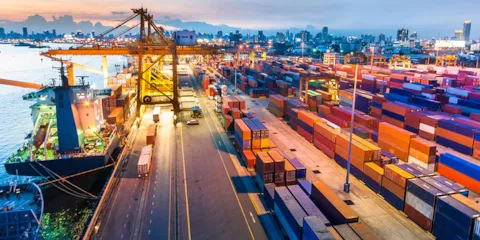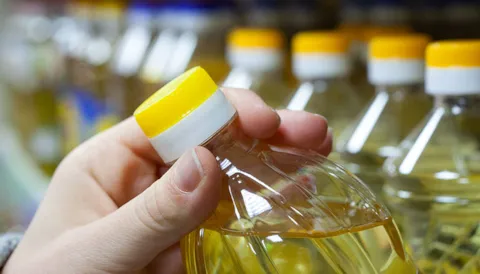FSVP - Foreign supplier verification program
The Food Safety Modernization Act (FSMA) is designed to prevent foodborne illnesses in the US. The Foreign Supplier Verification Program (FSVP) is the FDA FSMA program aimed at providing assurance that foreign suppliers of food products meet similar requirements to US-based companies.
FSVP - Foreign supplier verification program
FSMA applies to a very broad category of products and companies, including those who manufacture, process, pack or store food and beverage for human or animal consumption, including dietary supplements. Through initiatives part of the FSMA umbrella, such as the Foreign Supplier Verification Program (FSVP) importers, agents, representatives of foreign companies, and shippers/carries are affected, as well. The Foreign Supplier Verification Program is an FDA program aimed at providing assurance that foreign suppliers of food and beverage products meet the same safety requirements as US-based companies, ensuring adherence to standards for public health protection including safety regulations, preventive controls and correct labelling.
What is the FSV program
The FSVP program is mandatory and applicable to importers of food to the US. Compliance is equal to a passport for your products’ entry into the US market. In the FSVP program, an importer is defined as the US owner or consignee of the food offered for import, for example:- Owns the food
- Has purchased it
- Has agreed in writing to purchase it at the time of US entry
- Use qualified personnel for FSVP implementation and activities
- Perform a hazard analysis, which includes reviewing the hazards and determining whether controls are required
- Evaluate risks posed by the food and foreign suppliers’ performance
- Conduct appropriate supplier verification activities
- Take corrective actions (if necessary) and assess FSVP adequacy (when appropriate)
- Re-evaluate the food and foreign supplier every three years or sooner
- Identify the FSVP importer when filing for entry with U.S. Customs and Border Protection
Getting started
The scheme requires that US importers understand the impact, develop protocols and conduct compliance audits within company boundaries and on suppliers. DNV can help you from start to finish in order to:- Identify the impact of FSMA on your organization
By understanding what products your organization manufactures, processes, imports, transports, etc, DNV can tell you what your organization needs to do to comply to FSMA requirements. - Develop protocols to ensure adherence to FSVP
Implement programs to manage risk and assess supplier’s compliance to FDA statutes and support development of internal procedures for your own compliance to FSMA rules. - Conduct FSVP compliance audits
If your organization has protocols in place aiming to comply with FSVP, let DNV be the independent “extra pair of eyes” to ensure your protocols are meeting regulatory requirements and, most importantly, are effective and reasonable to your organization. - Conduct Supplier Audits
By independently auditing your suppliers to ensure they meet FDA requirements – ensuring your organization is meeting your obligations under FSVP. - Training
Both your organization and your suppliers on FSMA, its requirements, and how to implement them towards compliance with the law. This also includes the well-known Preventive Controls Qualified Individual (PCQI) training.

Training
Relevant insight in an active learning environment.

Your added value
Find out more on the digital customer experience.


